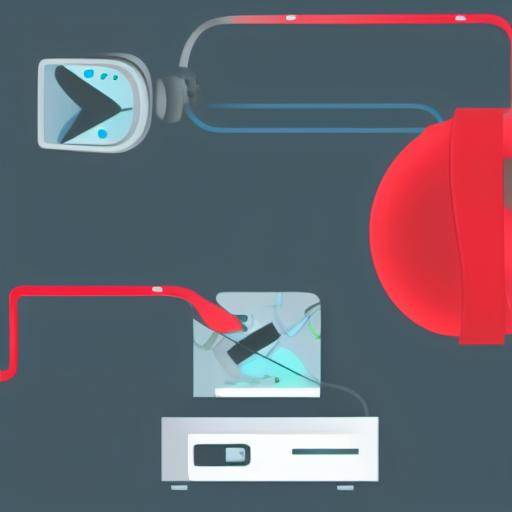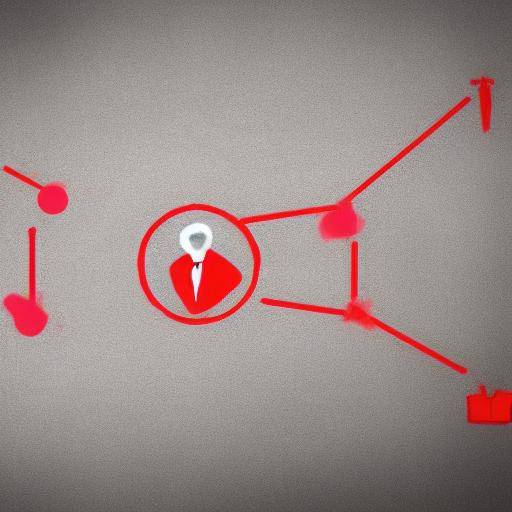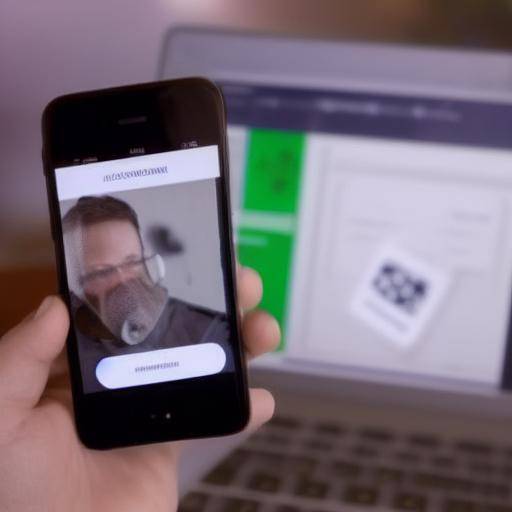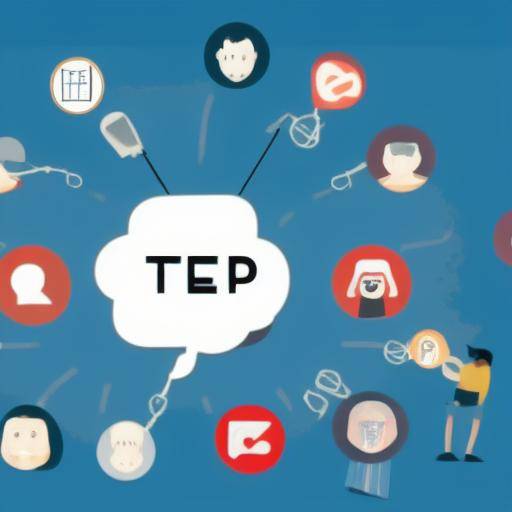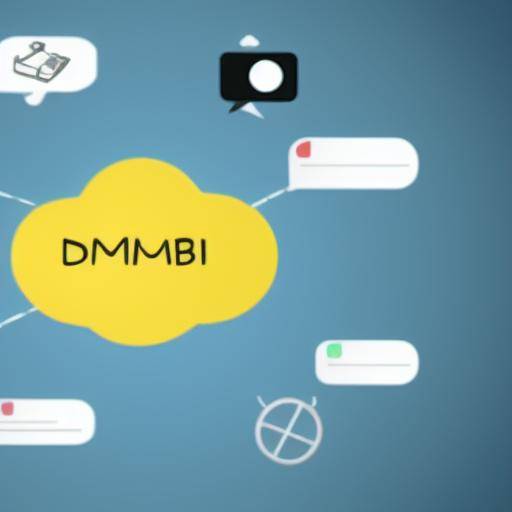
Conflict resolution is a crucial skill in personal and professional life. Whether in interpersonal relationships, the workplace or society at large, the ability to effectively manage and resolve conflicts is critical to achieving harmony and success. One of the essential elements for constructive conflict resolution is the practice of active listening. In this article, we will explore in depth the impact of active listening on conflict resolution, its historical relevance, its application in various situations and future trends.
Introduction
Conflict resolution is a process that involves addressing differences and disagreements constructively and collaboratively. Active listening, on the other hand, refers to the ability to give full attention to what another person is saying, to understand his emotions, thoughts and perspectives. When effectively applied, active listening can have a significant impact on conflict resolution, as it allows the parties involved to feel truly understood and valued.
In this article, we will explore the fundamental role of active listening in conflict resolution, from its origins and evolution to its practical application in various situations. We will address the advantages and challenges of active listening, provide practical advice and expert perspectives, and analyze future trends in this field.
History and Background
Conflict resolution and active listening practice have a profound historical background that has evolved over time. From ancient mediation practices in different cultures to modern conflict resolution approaches, the history and background of these disciplines are fundamental to understanding their current importance.
Origins and Context
The historical background of conflict resolution dates back to ancient civilizations, where different forms of mediation and arbitration were used to resolve disputes and conflicts within communities. For example, in ancient Greece, "dikē" was practiced as a means of resolving legal and social conflicts. In indigenous cultures, the councils of elders and leaders were used to mediate disputes and find equitable solutions.
Evolution and Development
Over time, conflict resolution has experienced significant evolution, influenced by advances in psychology, sociology and other related disciplines. In the twentieth century, formal approaches such as mediation, negotiation and conciliation emerged, redefining conflict resolution practices in legal, labour and community contexts.
Active listening, for its part, has been recognized as a crucial skill in effective communication and conflict resolution. Although its roots go back to the philosophical teachings of ancient Greece and other systems of thought, its practical application in the modern context has acquired great relevance in the interpersonal and professional sphere.
Significant pledges
Throughout history, significant milestones and contributions have emerged that shaped the way we address conflict resolution and active listening. Since the publication of influential works that have delineated innovative approaches to the implementation of programs and policies that promote mediation and the construction of dialogue, these contributions have laid the foundation for contemporary understanding and practice.
Understanding the history and background of conflict resolution and active listening provides us with valuable insights on its continuing importance and ability to adapt to the changing needs of modern society. As we move forward, it is crucial to recognize the evolution of these disciplines and their influence in promoting healthy interpersonal relationships and effective conflict management.
Analysis in Deep
Active listening influences conflict resolution, as well as the challenges that may arise in its implementation.
Benefits of Listen Enable in Conflict Resolution
Active listening can have many benefits in conflict resolution. By practicing active listening, parties involved in a conflict may experience greater understanding, empathy and connection with their interlocutors. This can lead to more effective communication, the identification of common interests and, ultimately, the generation of mutually acceptable solutions.
In addition, active listening fosters an atmosphere of confidence and openness, allowing the underlying emotions and concerns to be expressed more clearly. This can pave the way for reducing tensions, preventing misunderstandings and building long-term solid relationships.
Another key benefit of active listening is its ability to transform the dynamics of conflict, shifting the approach of confrontation and competition to cooperation and mutual understanding. This can create a space for collaboration and teamwork, offering opportunities to reach sustainable and durable agreements.
Challenges in Active Listening Application
Despite its benefits, active listening can present different challenges. In situations of high emotivity or intense conflict, maintaining an active listening approach can be challenging, especially if emotions are exacerbated or if there are asymmetries of power among the parties involved.
Active listening may also require a conscious and continuous effort to overcome communication barriers, cognitive biases and preconceived expectations. The process of actively listening to a person who disagrees with can be demanding, as it involves suspending the trial, controlling the defensive responses and showing a genuine willingness to understand the other's point of view.
In addition, the effective application of active listening often requires advanced communication skills, such as the ability to reformulate, paraphrase and validate the interlocutor's emotions. These skills may require constant practice and development to dominate and apply them in conflicting environments.
Comprehensive review
In considering the impact of active listening on conflict resolution, it is essential to consider its practical applications, best practices derived from actual case studies and expert perspectives in the field.
Practical Applications of Listen Enable in Conflict Resolution
Active listening can be applied in a variety of contexts to address conflicts and disagreements. In the workplace, active listening can facilitate conflict resolution between colleagues, teams and leaders, promoting a positive working climate and increased productivity. Similarly, in the personal sphere, active listening can strengthen family, friendly and couple relationships, fostering mutual understanding and harmony.
In the community context, active listening can play a crucial role in resolving local disputes, promoting restorative justice and building social cohesion. By allowing the voices of the community to be heard and valued, active listening can contribute to building more inclusive and supportive communities.
Best Practices and Lessons in Case Studies
The analysis of actual case studies can provide valuable lessons on best practices in the implementation of active listening for conflict resolution. Studying cases in which active listening has been effective in conflict transformation can provide concrete examples of how active listening skills, such as empathy, validation and reformulation, can generate positive and sustainable results.
When examining different contexts, such as education, business, community and family, successful patterns and approaches can be identified that can be applied in similar situations.
Outlook of Experts
Expert opinion in the field of conflict resolution and interpersonal communication can provide an essential view on the importance of active listening in conflict management. In compiling the views and perceptions of professionals with experience in mediation, negotiation and psychology, valuable insights can be obtained on effective active listening strategies, common challenges in the implementation of this approach and emerging trends in conflict resolution.
Comparative analysis
A comparative analysis between conflict resolution, active listening and interpersonal relationships can help visualize the interconnections between these concepts and identify their fundamental differences.
Similarities and Variances
Conflict resolution, active listening and interpersonal relationships share similarities in their focus on effective communication, mutual understanding and the generation of collaborative solutions. However, each of these concepts has its own distinctive characteristics that differentiate them from each other.
Conflict resolution focuses on managing disagreements and confrontations, with the aim of reaching agreements or solutions that meet the needs of all parties involved. Active listening, on the other hand, focuses specifically on the ability to pay attention and actively understand the perspectives and emotions of others during conflict or interaction. Interpersonal relationships cover a wider spectrum, encompassing the entire social and emotional interactions between individuals, both within and outside the context of conflicts.
Synergies and Complementarities
Despite their differences, conflict resolution, active listening and interpersonal relationships can complement and empower each other. The practice of active listening can be fundamental in building strong interpersonal relationships, both in conflict resolution and in everyday situations. Similarly, the development of conflict resolution skills can contribute to improving the quality of interpersonal interactions by fostering understanding, mutual respect and collaboration.
Practical Tips and Accessible Tips
Providing practical and actionable advice on the implementation of active listening in conflict resolution is essential to empower readers with concrete tools that they can apply in their daily lives.
Effective Active Listening Strategies
Some effective active listening strategies include the practice of visual contact during a conversation, the formulation of open questions that encourage the full expression of the interlocutors, the validation of the emotions and experiences of the other, as well as the generation of an environment of trust and mutual respect.
Reflective approach and non-judgment
It is crucial to foster a reflexive and non-judgmental approach to active listening. This means suspending prejudices, avoiding the interruption of the interlocutor and seeking to truly understand their perspective, even when they do not agree with it.
Empathy and Compassion
Empathy and compassion are fundamental aspects of active listening. By putting one another in place, showing support and understanding, one can create an enabling environment for constructive conflict resolution.
Nonviolent Communication Practices
The application of non-violent communication principles, which seeks to express and listen in an authentic, compassionate and respectful manner, can enrich the practice of active listening and contribute to the peaceful resolution of conflicts.
Continuous Personal Development
The development of active listening skills and conflict resolution is a continuous process that requires practice, patience and self-reflection. Include expert analysis, case studies and practical listening applications active in conflict resolution. In doing so, readers can understand the importance of active listening and its impact on effective conflict management in various contexts.
Conclusion
Active listening plays a key role in conflict resolution, as it provides an effective framework for understanding, connecting and collaborating with those we experience disagreements. Through active listening practice, we can foster empathy, understanding and collaboration, thus contributing to the generation of constructive and durable solutions in conflicting situations.
By understanding the history, practical applications, challenges and best practices associated with active listening in conflict resolution, we can strengthen our skills to effectively address conflicts, whether in the personal, professional or community sphere. By adopting a reflective, compassionate and authentically focused approach, we can cultivate solid relationships and build a future characterized by mutual understanding and harmony.
Ultimately, active listening not only enables us to resolve conflicts, but also enriches our personal growth and strengthens the basis of healthy and meaningful interpersonal relationships.
FAQs
What is the importance of active listening in conflict resolution?
Active listening is fundamental in conflict resolution, as it allows us to understand the emotions, thoughts and perspectives of others, which can pave the way for mutually acceptable solutions.
How can I practice active listening in conflict situations?
The practice of active listening in conflict situations involves giving full attention, validating the emotions of the other, asking open questions and cultivating an environment of trust and mutual respect.
What are the key skills for effective active listening?
Key skills for effective active listening include visual contact, empathy, open question formulation, validation of emotions and show support and understanding.
What is the difference between conflict resolution and active listening?
Conflict resolution focuses on managing disagreements and seeking mutually acceptable solutions, while active listening refers to the ability to give full attention to understand perspectives and emotions during conflict.
Why is it important to cultivate empathy and compassion in active listening?
Empathy and compassion are crucial in active listening, as they help to create an environment conducive to mutual understanding, collaboration and constructive conflict resolution.
How can I develop and improve my active listening skills?
The development and improvement of active listening skills is achieved through continuous practice, self-reflection, patience and genuine interest in understanding others in an authentic and compassionate way.






